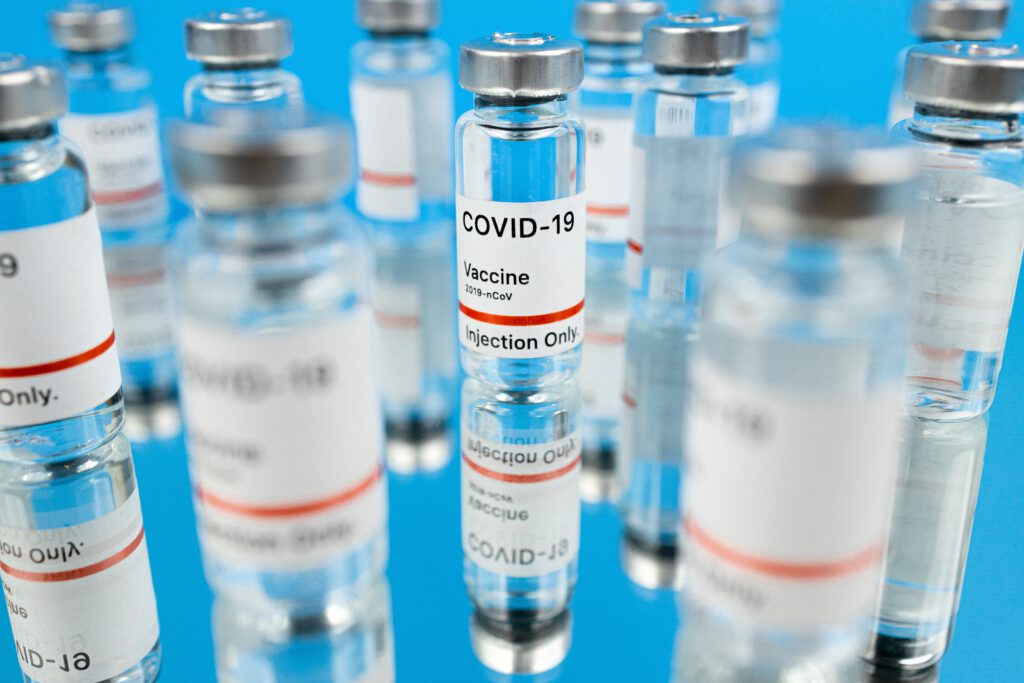Who gets the Covid-19 vaccination in the UK when?

We’ve been seeing a priority list for vaccination against Covid-19 circulating for a few weeks. Most of it works simply on age, but with those groups shielding and with ‘underlying health conditions’ added in. What hasn’t always been clear is that people receiving carer’s allowance, or those who are the main carer of an elderly or disabled person whose welfare may be at risk if the carer falls ill, should also be offered early vaccination, alongside those with ‘underlying health conditions’.
What is the priority list?
The aim of the priority list is to prevent deaths and help to maintain health and social care systems.
Because risk of death is judged to increase with age, the priority list has been organised so that the oldest citizens receive vaccinations first. That means for most of us our elderly parents will receive their vaccinations early, while we may wait a few months, and most people under the age of 50 are not on the schedule at all yet.
As care homes have been particularly hard hit by the virus, they are at the top of the list, followed by the oldest of our citizens as well as frontline health and social care workers.
The list is currently:
- residents in a care home for older adults and their carers
- all those 80 years of age and over and frontline health and social care workers
- all those 75 years of age and over
- all those 70 years of age and over and clinically extremely vulnerable individuals
- all those 65 years of age and over
- all individuals aged 16 years to 64 years with underlying health conditions which put them at higher risk of serious disease and mortality
- all those 60 years of age and over
- all those 55 years of age and over
- all those 50 years of age and over
The ‘extremely vulnerable and shielding’
As this group has been advised to stay at home, there is less information available about how Covid-19 has affected them. The committee advising the government has determined that they should be offered vaccination at the same time as those over 70. However, they may well have some level of immunosuppression that could affect how they respond to the vaccine. The official view is that even with the vaccine, they should continue to follow advice on reducing their risk of infection.
Underlying health conditions
Once those over the age of 65 have been vaccinated, the plan is to offer the vaccination to those over 16 in what have been determined to be the main risk groups. These are those with:
- chronic respiratory disease, including chronic obstructive pulmonary disease (COPD), cystic fibrosis and severe asthma
- chronic heart disease (and vascular disease)
- chronic kidney disease
- chronic liver disease
- chronic neurological disease including epilepsy
- Down’s syndrome
- severe and profound learning disability
- diabetes
- solid organ, bone marrow and stem cell transplant recipients
- people with specific cancers
- immunosuppression due to disease or treatment
- asplenia and splenic dysfunction
- morbid obesity
- severe mental illness
It’s at this stage that carers will also be offered the vaccination.
You can read more detail on the government website
This information is dated 30 December 2020, but is always subject to rapid change, so do check the UK government website and your regional and local government sites for the most up-to-date information where you and your family live.
Photo by Maksim Goncharenok from Pexels

